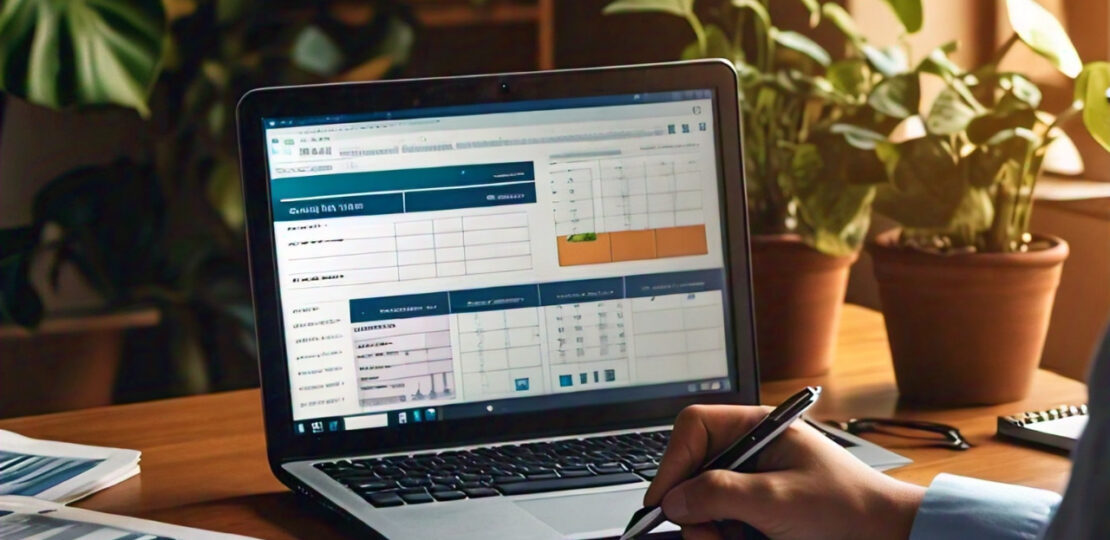Smart Budgeting Tips for Financial Success
November 6, 2024 | by smartsitemonetizer@gmail.com

When it comes to achieving financial stability and building a secure future, mastering smart budgeting tips is essential. Budgeting isn’t just about cutting costs; it’s about making intentional spending choices that align with your goals. Here, we provide a comprehensive guide to budgeting effectively and building a more secure financial foundation.
1. Set Clear Financial Goals
Before you can create a budget, establish clear financial goals. Are you saving for a major purchase, building an emergency fund, or planning for retirement? Having specific targets helps you create a realistic and personalized budget.
Short-Term and Long-Term Goals
Classify your goals into short-term (less than a year) and long-term (more than five years) categories. This distinction allows you to allocate funds effectively, ensuring immediate needs don’t overshadow long-term priorities.
2. Track Your Income and Expenses
A vital part of smart budgeting tips is knowing exactly how much you earn and where you spend. Use financial apps, spreadsheets, or even a notebook to record every income source and expenditure. This practice creates a clear picture of your cash flow, helping you identify areas for improvement.
Essential vs. Non-Essential Expenses
Break down your expenses into essential (housing, groceries, bills) and non-essential (dining out, entertainment) categories. This step allows you to see where adjustments can be made if needed.
3. Use the 50/30/20 Rule
The 50/30/20 rule is a widely recommended approach in budgeting. Allocate 50% of your income to necessities, 30% to personal wants, and 20% to savings or debt repayment. This simple guideline offers structure while allowing some flexibility in your spending habits.
Adjusting the Rule to Fit Your Lifestyle
While the 50/30/20 rule is helpful, it’s not a one-size-fits-all solution. Customize the percentages based on your financial situation and goals. For instance, if you’re focused on saving aggressively, you might consider a 40/20/40 rule instead.
4. Prioritize an Emergency Fund
An emergency fund is a critical component of any sound budget. This reserve acts as a financial cushion in case of unexpected expenses like medical bills or job loss. Aim to save at least three to six months’ worth of living expenses in your emergency fund.
Automate Your Savings
Setting up an automatic transfer to your emergency fund every month ensures consistent contributions, even during tight months. Automating your savings helps maintain this safety net effortlessly.
5. Monitor and Adjust Your Budget Regularly
Life circumstances change, and so should your budget. Schedule monthly or quarterly check-ins to review your spending, savings, and goals. Adjust as necessary to stay on track and address any new financial needs.
Using Budgeting Tools
There are many apps and tools available that can help simplify your budgeting process. These tools often offer insights into spending habits, helping you stay accountable to your smart budgeting tips and financial objectives.
Conclusion
Implementing these smart budgeting tips can drastically improve your financial health. By setting clear goals, tracking your spending, adhering to structured rules like the 50/30/20 approach, and regularly adjusting your budget, you can create a sustainable financial plan. With discipline and consistency, these budgeting strategies will help you reach financial stability, empower your spending choices, and prepare you for a more secure future.
RELATED POSTS
View all


